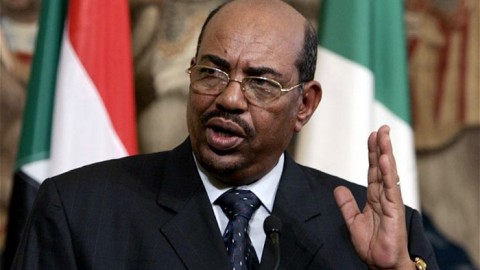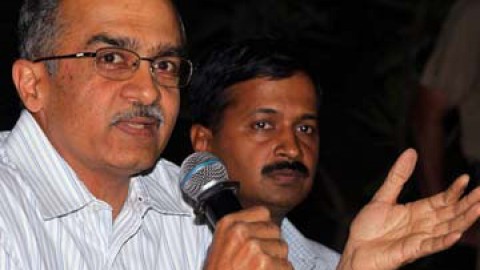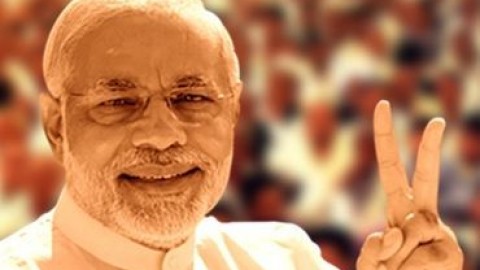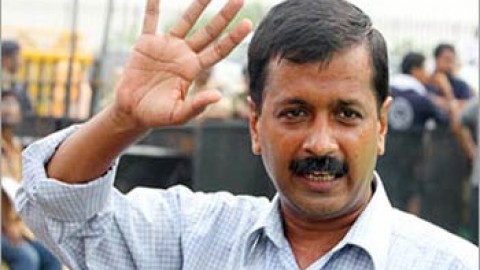
It was sometime in the late-1980s that a college student threw caution and a destined engineering degree to the winds and landed a job with the ‘Landmark bookstore’ in Chennai. There, he thought that he would last there for all of three months. But then, as the line goes- ‘Life is what happens to you while you’re busy making other plans’, he went on to build one of India’s most successful bookstore chains. In the case of R Sriram, the former founder CEO of Crossword, the fact is stranger than the fiction that lines the bookshelves at Crossword. Today, the chain that he helped set up is perhaps India’s biggest book retailer as it stands tall and proud beaming over it’s glory!
Well, before Crossword, there were many other ‘well known’ bookstores — HigginBothams in Bangalore, the Strand in Mumbai, Om in Delhi to name but a few. However none of them had a national presence. The chain was born from the recognition of the fact that like many other categories in those days, even this had plenty of potential. Says Sriram, “Book retailing had served, underserved and unserved customers. We saw a huge opportunity in the underserved and unserved segments.” Today that goal has been achieved and standardisation is one of the biggest reasons for their success.
Sivaraman Balakrishnan, marketing head of Crossword points out that today a consumer irrespective of the city that he visits will be treated to the same shopping experience . He says, “Across formats our brand experience of educate, entertain and enlighten are the same.”
Back then, though, in a scenario where books were sold through outlets that were tiny and consumers bought them much like they bought medicines at drugstores (going with a prescription), there was a lot of ground to be covered. Attractive display was a far-fetched concept and the only bookstores that gave customers room to free their arms were the ones in five star hotels.
To be successful, therefore, a national chain would have to reinvent and remarket the very idea of a bookshop as consumers saw it. Luckily for Sriram, he found a backer for the concept in publishers India Book House putting the seed capital and more importantly give him real estate in the form of their vacant first floor office space in Mumbai at Mahalaxmi.

The name was supposed to be Crosswords , because it signifies fun and learning. However legend has it that a numerologist said that the name was unlucky and there was talk of a name change. Sriram though intervened and suggested the dropping of the ‘s’ , and so the name Crossword came into being. The store was launched on August 15 in 1992.
In many ways, right from its inception the chain broke the rules. The property was not on the ground floor, not easily accessible, no parking space and was a ‘U’ shaped space with many pillars. The entrepreneurs decided to look at the advantages rather than moan about the deficiencies . It was on the same street that housed iconic Mumbai stores like Amarsons and Benzer and hence likely to attract upmarket shoppers. It was decided that consumers would be treated to unique shopping experience in a shop that was trendy and hip. The bookstore decided to appeal to mothers and children.
It set up dedicated sections for children, a concept that was unheard of in the bookstores that were around. That risk paid off, with children contributing about 35 per cent of sales and 25 per cent of the volumes. The store also took some innovative steps like keeping the children’s section at the farther end of the store.
As a result, parents accompanying children would end up viewing the entire range of offerings, while taking children to the section . Also introduced was the concept of book reading sessions for kids. The investment has paid off and today the kids section has grown bigger and better . Says Sukanya Kripalu, CEO, Sukanya Consulting, a Mumbai-based brand consultancy, “With other avenues like television and gaming fighting for the child’s attention, there’s a feeling among mothers that reading has got compromised. By addressing concerns like these, the brand has become much more than a bookstore.”
It also was the first bookstore to have seating spaces where customers could actually sit and read an entire book with no questions asked — a welcome break from the surreptitious reading at bookstores that customers were used to. To ensure that customers spent more time, Crossword set up a coffee store within the outlet and also provided space for rest-rooms . And on the customer’s bill, it offered a term that surprised many: ‘Books once sold WILL be taken back’ .
Over the years more innovations have taken place such as free home delivery, flexible gift vouchers (consumers could get credits on the remaining amount of their gift vouchers) and a thriving loyalty program. As a ‘conscious’ policy, the store does not offer discounts , other than at the time of its annual sale.
Tags: Crossword Bookstore







